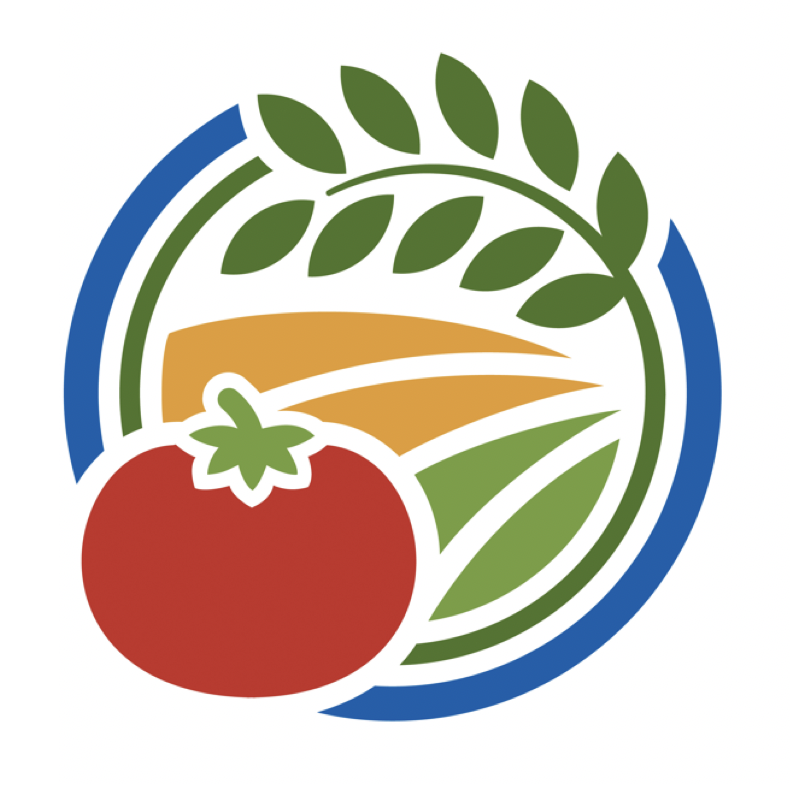Right now many people in California want to know more about where their produce comes from. They want to buy product that is local, organic, grown on a small farm, or by a family. Consumers want to know your story.
The produce distribution industry is mobilizing to meet this demand and needs appropriately prepared farmers. Distributors and retailers are looking for ways to sell to these customers. If you want to move product through these markets, you have to help them tell the story and make it easy for them to do business with you.
Perhaps you sell at the farmers market, have a CSA, or sell everything to a processor or packinghouse but you are now looking for another way to sell your produce.
Are you ready to sell to buyers who are looking for farmers who can provide labeled product for foodservice and specialty markets that care about small, local, and family farms like yours? What do buyers want from you, and what are the steps you will have to take to be ready to sell wholesale to them?
Resources for Farmers on Breaking into Wholesale Markets
Consumers’ interest in knowing where their food comes from has contributed significantly to the recent growth of the specialty foods market. The Beyond Fresh & Direct project team received a grant from USDA to identify ingredient sourcing opportunities in the specialty food business.
The team developed five fact sheets providing tips for both manufacturers considering sourcing ingredients direct from farmers, and smaller-scale farmers interested in becoming ingredient suppliers to specialty food manufacturers (or perhaps developing their own specialty food business). The four-pagers, which incorporate numerous examples, address the following questions:
- Benefits: How Can Sourcing Directly from Farmers Benefit Specialty Food Manufacturers?
- Criteria: What Criteria Must You Meet to Sell to Specialty Food Manufacturers?
- Spanish-language version: Criterios: ¿Con qué criterios debe cumplir para vender a fabricantes de alimentos de especialidad?
- Connections: How Can Farmers and Specialty Food Manufacturers Connect?
- Spanish-language version: Conexiones: ¿Cómo se pueden conectar los agricultores y fabricantes de alimentos de especialidad?
- Standards: What Standards Must You Meet to Supply Ingredients to Specialty Food Manufacturers?
- Value Added: Should You Produce Your Own Specialty Food Products?
- Spanish-language version: Aalor agregado: ¿Debería producir sus propios productos de alimentos de especialidad?
- Guide for Selling Directly to Restaurants and Retailers
MARKETING
- Golden Rules of Marketing for Small Farmers -Basic principles of marketing for small farmers (one page summary by David Visher)
- Workshop Handout -- basics of selling to wholesale markets
- Growing, Processing & Marketing Dry Beans -- webinar in English and in Spanish
MARKET CHANNEL TIP SHEETS
One page tip sheets that list the pros and cons of different market channels available to small producers:
BUYER INTRODUCTIONS
- UC Small Farm Program's Marketing Through Wholesalers and Shippers
- UC Small Farm Program's Time to Call a Wholesaler-Distributor?
- Scaling Up - Perspectives from Growers and Buyers on Barriers and Benefits to Wholesale Marketing of Local Fruits and Vegetables
FOOD SAFETY
Please visit our Food Safety for Food Hubs webpage for more comprehensive food safety information in English and Spanish.
- Food Safety Begins at the Farm
- Small Farm Digest: Food Safety for Small Farmers
- California Small Farm Food Safety Guidelines (available in multiple languages)
- Good Agricultural Practices & Harmonized GAP Food Safety Manual
- Food Safety GAP certification worksheet - Worksheet a farmer can use to prepare for a food safety GAP audit. The grower should use this as a guideline for what an Auditor would inspect
- UCCE Fresno
PACK AND GRADE
- Packing Standards
- California Department of Food and Agriculture (CDFA) Standardization
- Info sheet - packing standards by commodity
PRICING
DELIVERY
- Siskiyou Sustainable Cooperative Case Study: A Model for Cooperative Farming & Marketing
- Resources on starting an Agricultural Cooperative
- Collaborative Marketing for Small Farms
INSURANCE
BUSINESS DEVELOPMENT
- Template Farm cash flow - Basic excel cash flow template to calculate start up and running expenses on a vegetable farm
- Introduction to planning for farm business - Short PowerPoint serves as a very simple introduction to new farmers about how to start planning the farm business
- SOS BAM - Template for making a strategic plan. Useful for existing farmers who are considering adding a new enterprise or who simply want to define and redefine their current focus
